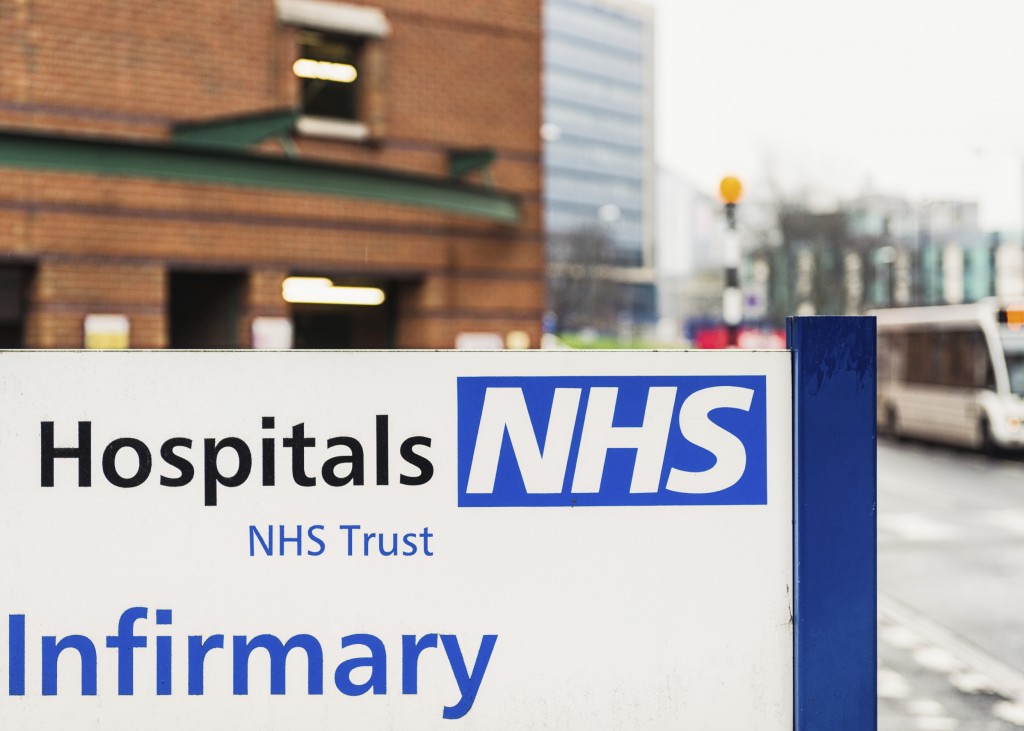The Christian Legal Centre who supported the failed case of an NHS therapist accused of trying to convert a muslim worker said the decision was a “blow for freedom”.
Victoria Wasteney, 37, a senior occupational health therapist, was disciplined by East London NHS Foundation Trust when she was accused of trying to convert 25-year-old Enya Nawaz.
Born-again Christian Miss Wasteney invited her to church events and gave her a book, I Dared To Call Him Father, about a Muslim woman who converts to Christianity.
When Miss Nawaz was upset about health problems, Miss Wasteney said she offered to pray for her, putting her hand on her knee and asking God for ‘peace and healing’.
Miss Wasteney denied she ever attempted to convert her Muslim colleague, claiming she thought the two were friends.
She also claimed her young colleague was “manipulated” into complaining by the hospital trust.
Miss Wasteney, from Epping, was the £50,000-a-year head of forensic occupational therapy at the John Howard Centre in Homerton, a secure hospital for mentally ill patients, since 2007.
She took the trust to an employment tribunal claiming it had failed to clear her of wrongdoing after an eight-month disciplinary process.
The trust argued the disciplinary hearing was fair and denied it discriminated against Miss Wasteney when they found her guilty of serious misconduct namely, “the blurring of professional boundaries” and subjecting the colleague to “improper pressure and unwanted conduct”.
The trust’s disciplinary decision was upheld by an employment tribunal last year.
Her lawyers lodged an appeal citing article 9 of the European Convention on Human Rights, which protects freedom of conscience and religion.
However Today at the Employment Appeal Tribunal in central London Judge Eady QC dismissed the appeal, and backed the Employment tribunal’s original finding.
Speaking after short hearing today Miss Wasteney, said: “Obviously it’s disappointing, as it would have been nice to close the door on this chapter of my life.
“But it’s not hugely surprising and I had kind of prepared myself that it was going to go to another level.
“When I reflect on this whole period since June 2013, and when I think back to the times when it was just me and the other person involved, I think my truth of what happened has been so twisted into something so sinister.
“When I keep going back to those moments and I think how people can perceive it now, it’s upsetting really. I genuinely cared about this individual as I cared about people in my team.
“There seems to be an unconscious message in our environment that says don’t talk about this, don’t talk about faith, don’t talk about anything else, and you definitely don’t talk about Islam and Christianity and those kind of differences.
“But even in my training, I have been trained to be neutral in my approach to people and to be embracing of everybody’s unique perspective on life, so I respected that and I embraced her as a person, in the same way I would engage anyone else in my team.
“I engaged her in conversations that she initiated originally, because I didn’t want to compound the atmosphere that says you don’t talk about things.
“Because I think if that’s the case we are going to end up in a society where no one learns about each other and we are going to end up in a very segregated society, which I think is a dangerous place to be.”
Miss Wasteney was supported in her legal battle by the Christian Legal Centre whose chief executive Andrea Williams was with her in court for today’s judgment.
Responding to the judgment she said: “I think it is sad and disappointing, and I think it’s a blow for freedom, because people like Victoria and the millions like her, and tens of thousands like her in this country, they are great employees, great bosses and have compassion and care for those that work around them.
“We all need to be free to have opinions. We all come to work with a belief system. So whether you come as an atheist, you can come as a Muslim or you come a Christian, everyone comes with a belief system.
“But it is the Christians, like Victoria, we see being punished in the work place and sadly and an increasing climate of fear in the work place.”
She added: “Victoria is a strong woman, and yet even she has suffered as a result of this.
She is bouncing back I can see now she has got a bounce in her step today, but she has had a dark period and that’s because even the strongest will find this kind of situation daunting.
“At the Christian Legal Centre we exists to represent people like her to help them through this and hopefully ensure there won’t be too many more like her.
“If we can expose this that the work place can understand that people like Victoria should not be punished.”
Miss Wasteney and her legal team say they will explore what legal action to take in response to today’s judgment.

